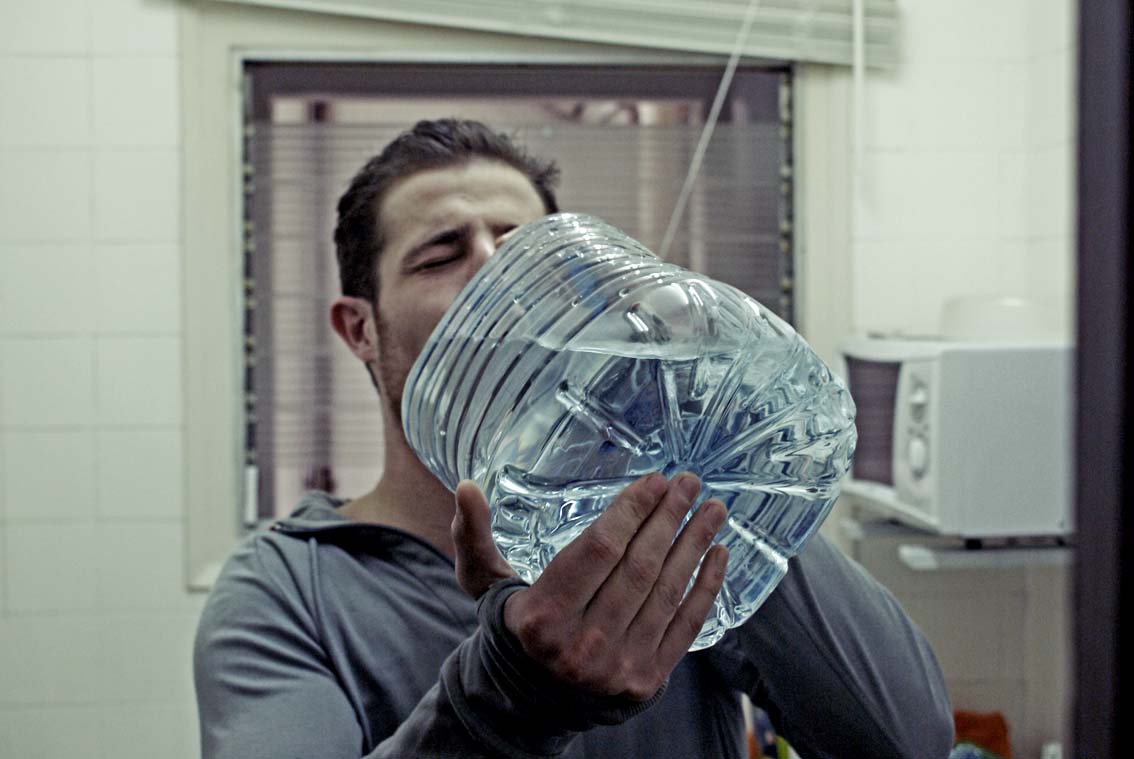Additionally, you may notice an interesting, putrid smell when sweating while hungover.
In fact, when you drink, if your body can’t metabolize all of the alcohol. As a result, the body turns alcohol into other byproducts like diacetic acid, carbon dioxide, and water.
For instance, diacetic acid smells close to vinegar.
Then, these byproducts make their way out of your system via urination, sweating and breathing. So, this is what you smell when sweating during a hangover.
Furthermore, while sweating out these byproducts isn’t a bad thing, it won’t get rid of your hangover symptoms.

